Turn Up the Volume: Brooklyn Dance Parties Celebrate Middle Eastern and North African Culture
At a time of anti-immigrant rhetoric and attacks on personal freedoms after pandemic isolation, they offer community and connection to a young and diverse diaspora.

Revelers clap and ululate at a 2020 Yalla! Party Project gathering at The Deep End on Wyckoff Avenue in Queens. Photo by Grace Chu
At a Haza party at Bushwick club The Sultan Room, classic Middle Eastern hits, Egyptian mahraganat, Palestinian dabke and Arab electronica weave through U.S. chart-topping pop, hip-hop and Afrobeat tracks, remixing genres and places and evoking a sense of nostalgia for many on the dance floor.
It’s one of several dance parties celebrating Middle Eastern and North African culture that have launched in Brooklyn in recent years. At a time of anti-immigrant rhetoric and attacks on personal freedoms after pandemic isolation, they offer community and connection to a young and diverse diaspora.
Haza’s founders, both DJs of Egyptian descent, met at similar gatherings before launching their own in November 2019. One early entrant on the scene, Yalla! Party Project, started in a Brooklyn apartment in 2016 and centers female, queer and nonbinary members of the diaspora. “For people like us, the space that we needed and still need is just very different,” Yalla! Party’s Project Director of Operations Tasha Samkough said.
“I knew from the second that I walked into a Yalla! party that I wanted to be a part of it, because it was the first time in my life that I felt safe enough to be myself. It’s an entire vibe, and it’s very transformative.”
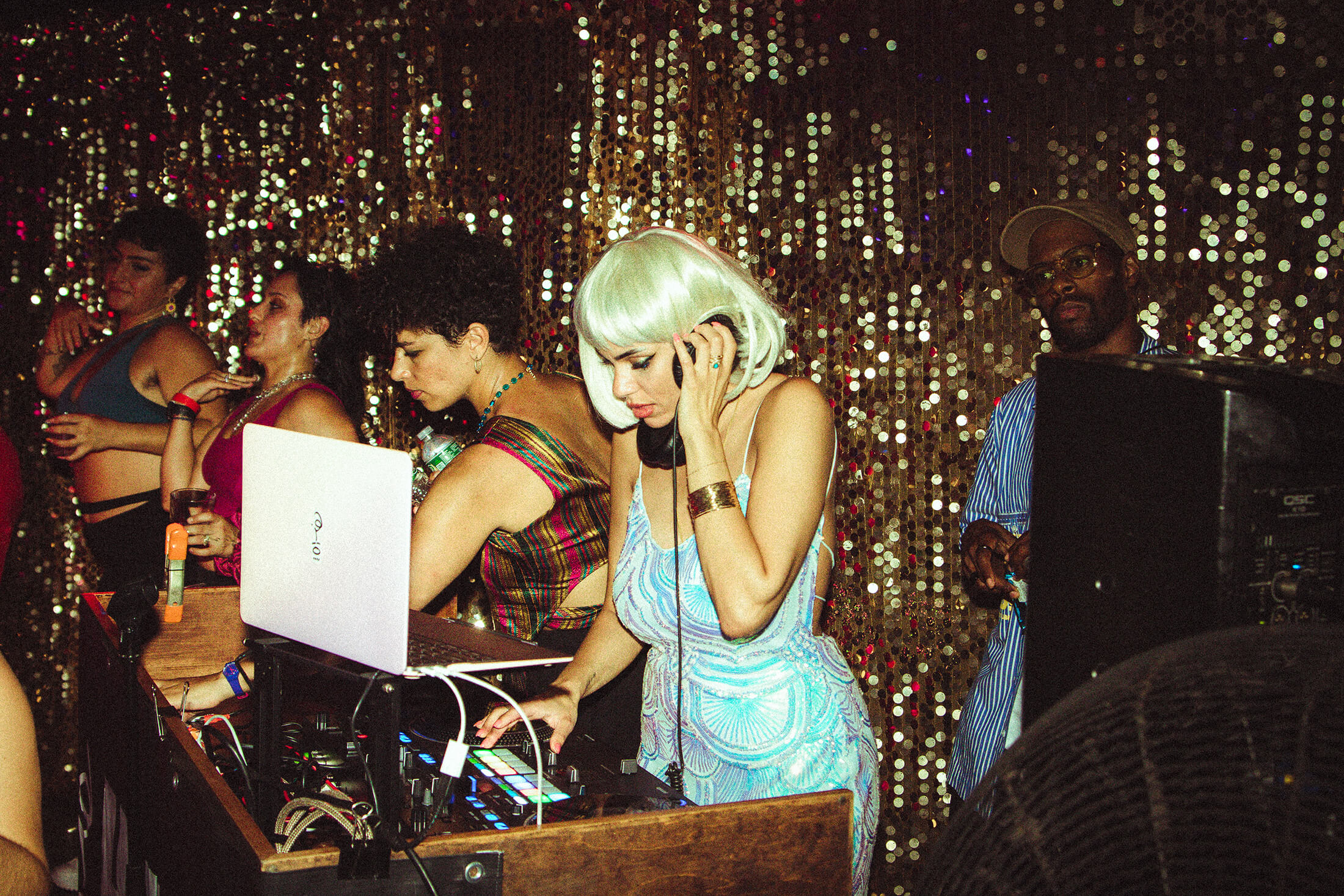
Yalla!’s dance parties have given rise to an art collective, a market and a professional services directory called Yalla! Pages. And they’ve helped inspire other gatherings for members of the diaspora, including the founders of Haza — who DJ under the names Carmen Sandiego and Myyuh. The pair had been incorporating Arab music into their sets for years, including at Yalla! parties, so the vision for Haza came naturally.
“We both wanted to create something that brought our people together in a really wholesome way,” Myyuh said. “This music was pretty much the main source of connection to a culture that was difficult to connect with. My family emigrated from Egypt and growing up, because we were trying to assimilate, there weren’t always strong presences of the culture in our household. But the music and the food were the ones you couldn’t get my mom to give up.”
Although Haza and other parties are largely for members of the Southwest Asian and North African communities, the appeal is wide. “We touch every region, our guests are from everywhere,” Sandiego said. And that diversity is reflected on the dance floor.
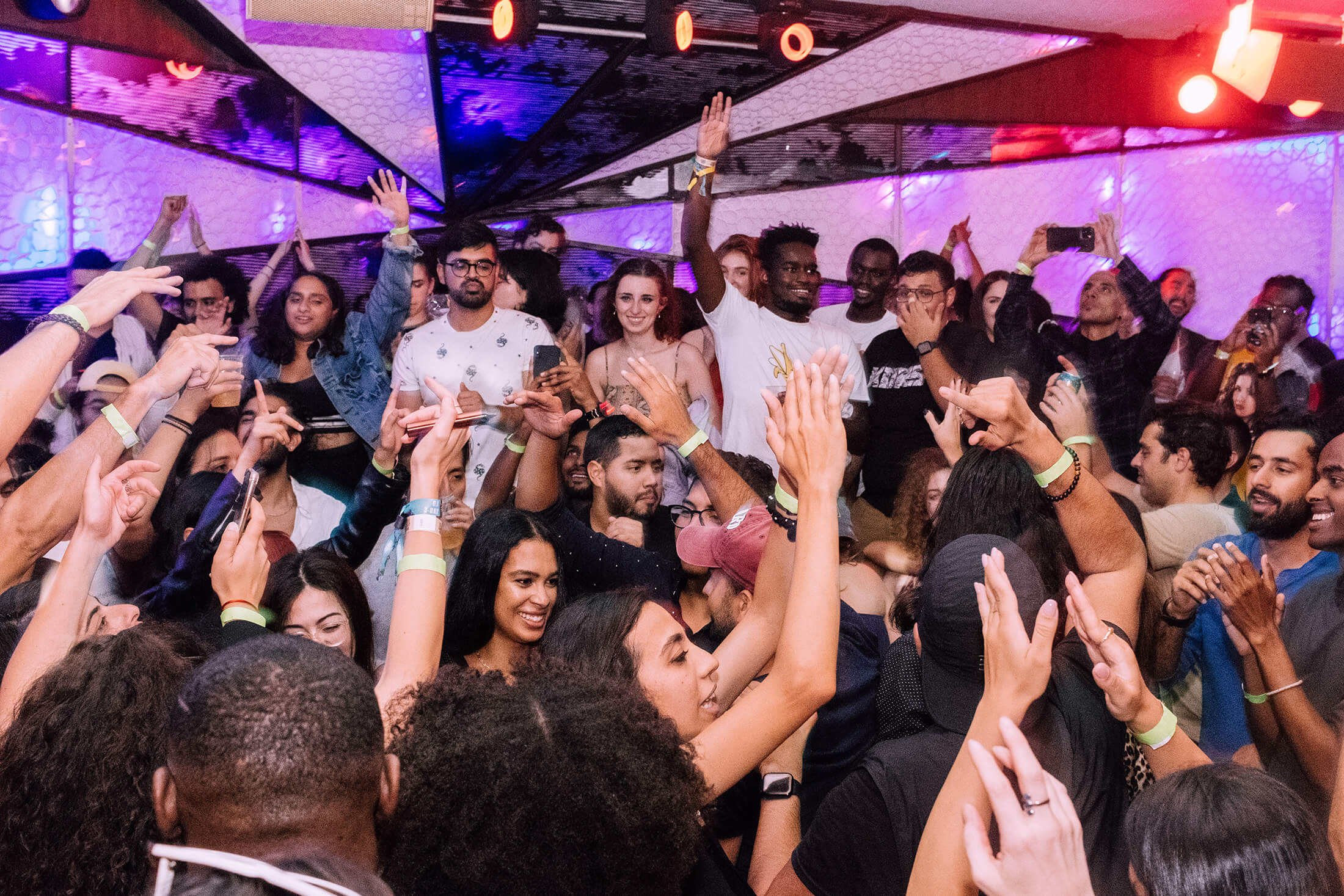
At the Sultan Room, spread across two floors, guest DJs helped Sandiego and Myyuh to keep the music spinning until the not-so-early hours; bellydancer Minerva Erato captivated partygoers, drumming up so much excitement people started jumping on stage to join her; and violinist La Lulu had the crowd ululating in support. The performances are a highlight of the nights for Sandiego: “Everybody’s just frozen and mesmerized. Literally everybody. It doesn’t matter where you’re from. They’re just in awe.”
And people come from as far as D.C., Jersey and Connecticut to get into Haza and other parties and will commit to long winding queues for tickets. Yalla!’s Samkough recalled a party where two Iraqi cousins, who were living in different states, met coincidentally for the first time.
“I’m overjoyed that we are a place that can literally connect family members who were dislocated because of war,” Samkough said. “That’s the legacy that I think Yalla! will leave behind just by default.”
Editor’s note: A version of this story appeared in the Fall/Holiday 2022 issue of Brownstoner magazine.
Related Stories
- 6 Creative Interiors Offer Some Brooklyn Living Inspiration
- Artist Malene Barnett Celebrates the African Diaspora With New Work
- Duo Behind Bushwick’s Astrology-Themed Bar Mood Ring Serve Up Tips, Stories, Recipes
Email tips@brownstoner.com with further comments, questions or tips. Follow Brownstoner on Twitter and Instagram, and like us on Facebook.

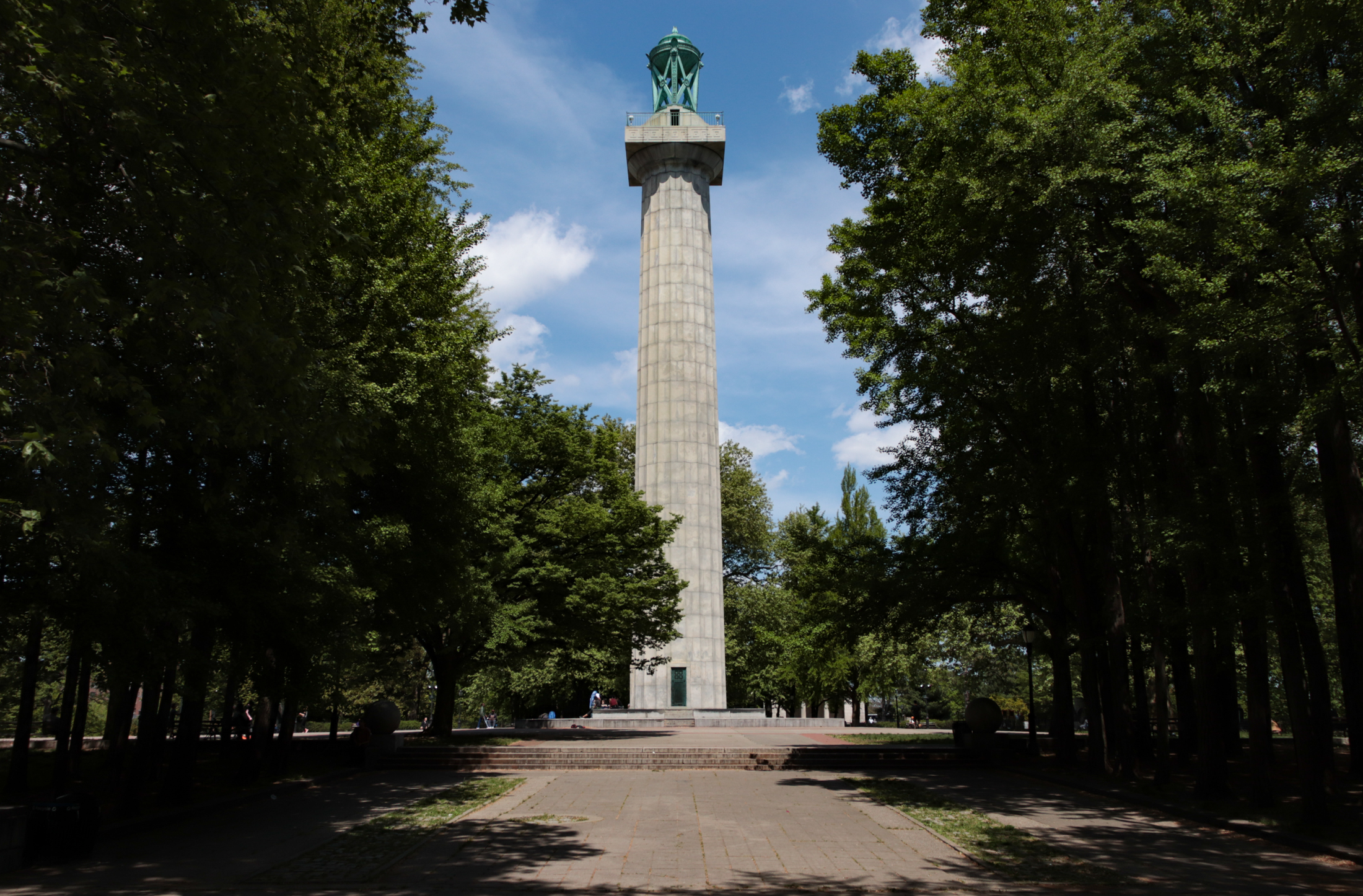
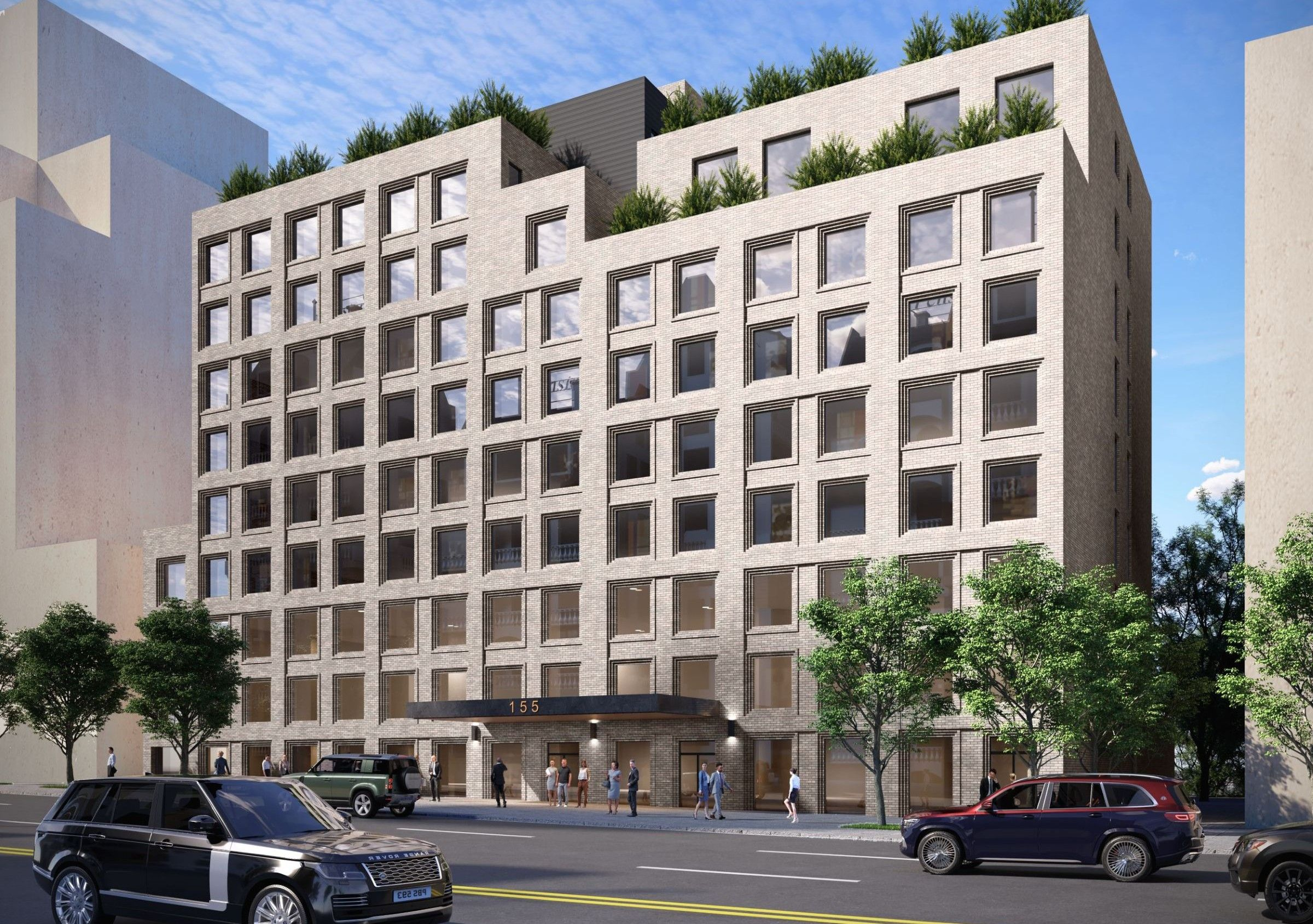
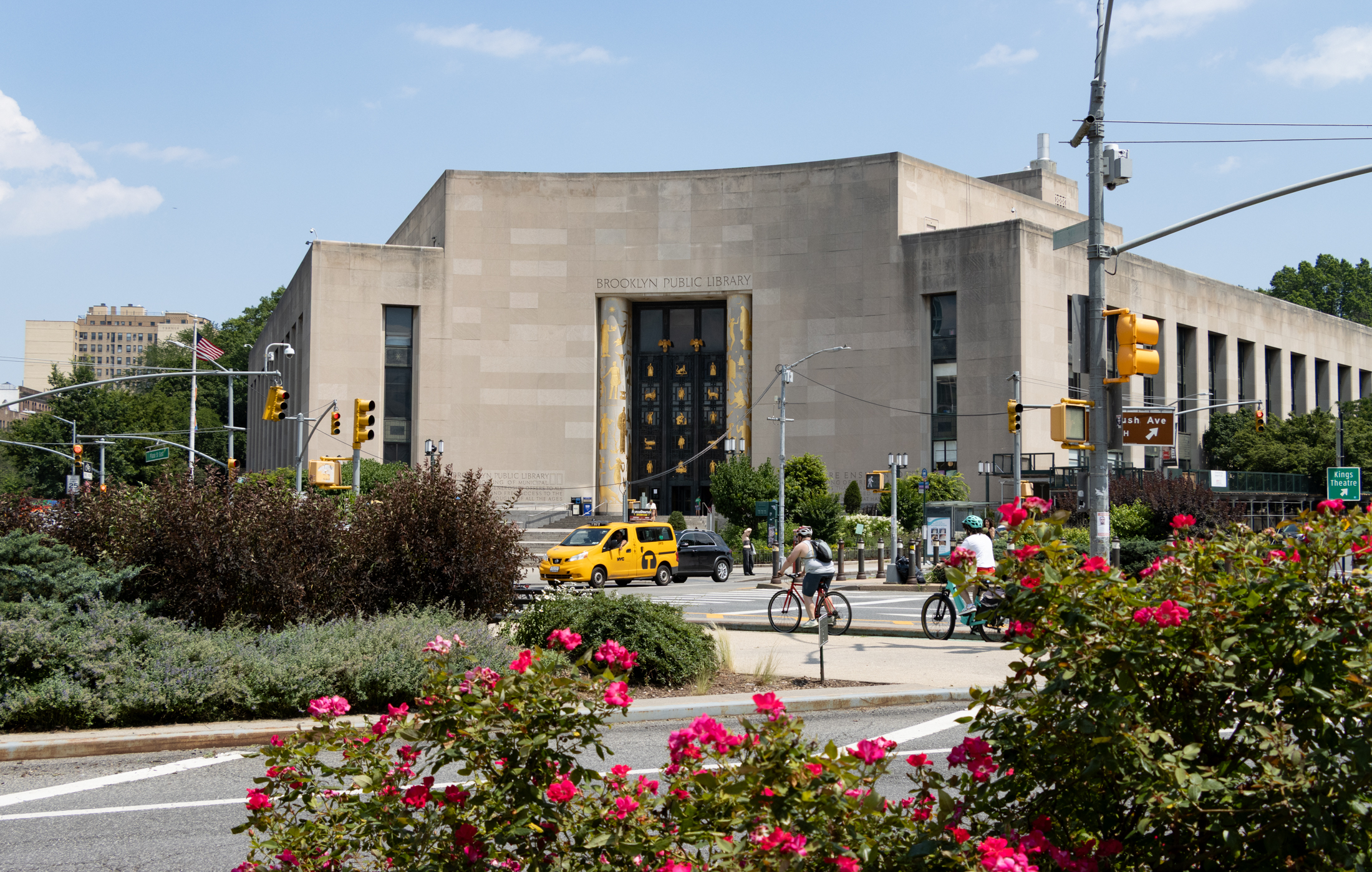
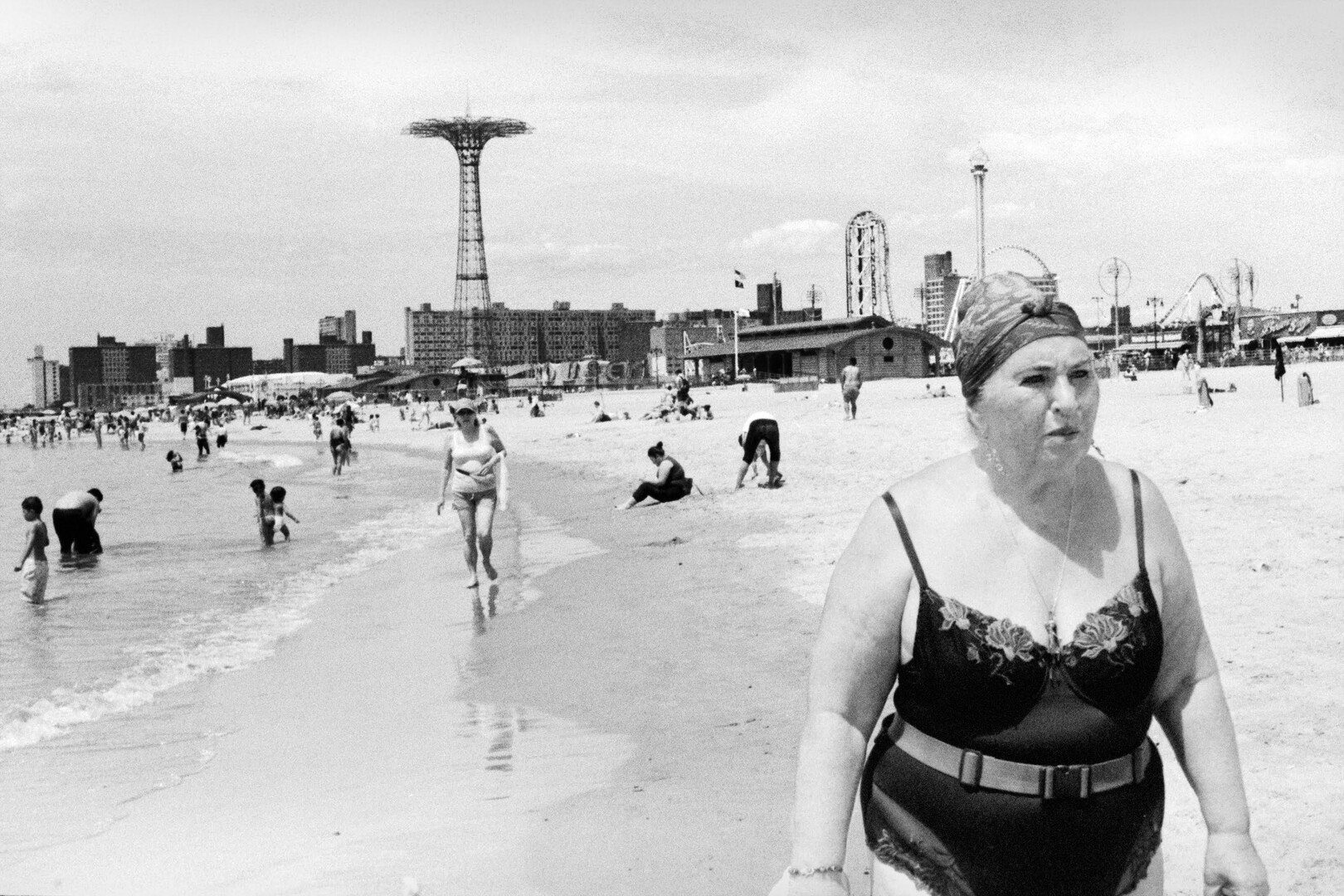
What's Your Take? Leave a Comment